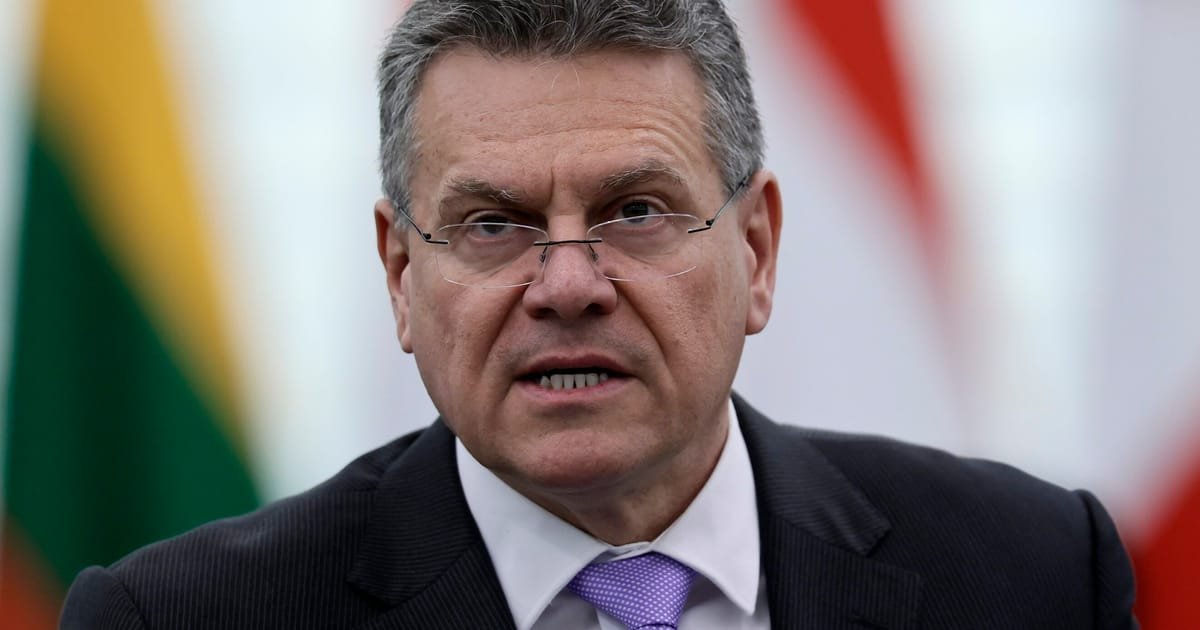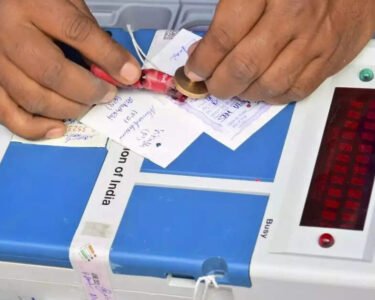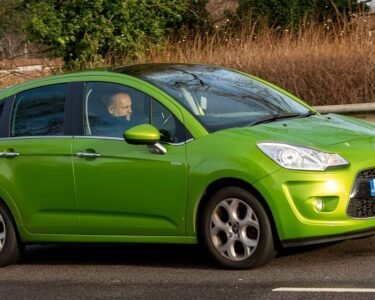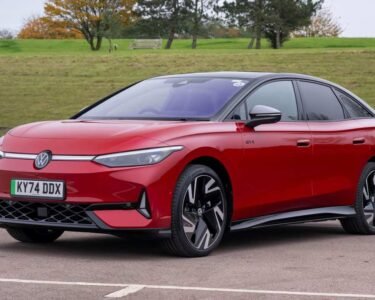Trump’s initial softball moves toward Beijing are setting off alarm bells across the EU, which has already taken steps to jointly tackle China’s market-grabbing practices, taking the view that this would better align Brussels with Washington.
Šefčovič has already suggested strengthening the EU’s focus on economic security, for instance in overseeing outbound investments in key technologies, such as artificial intelligence, semiconductors or quantum technology. It’s a step that Washington has already taken.
In another move that would echo Trump’s first term, Brussels wants to team up with the U.S. in tackling China’s so-called non-market practices, such as lavishing subsidies on companies or excluding Western firms from public tenders.
In 2023, Washington and Brussels tried, but failed, to set up a “green” metals club that would impose duties on steel and aluminum imports from non-market economies such as China. If the two sides can agree on the Global Arrangement on Sustainable Steel and Aluminum, that could lay to rest their tariff fight that dates back to Trump’s first term.

Buying those weapons
Getting European countries to buy more American weapons would have the added advantage of convincing the Trump that the bloc is serious about its own security, just as his administration is flirting with the idea of pulling troops out of Europe and has repeatedly called on EU countries to boost their defense spending.
The approach has gained traction in Germany and Italy and was floated last November by European Central Bank (ECB) President Christine Lagarde, who said that EU countries could, in a “cohesive” approach, buy weapons systems they can’t make themselves.




